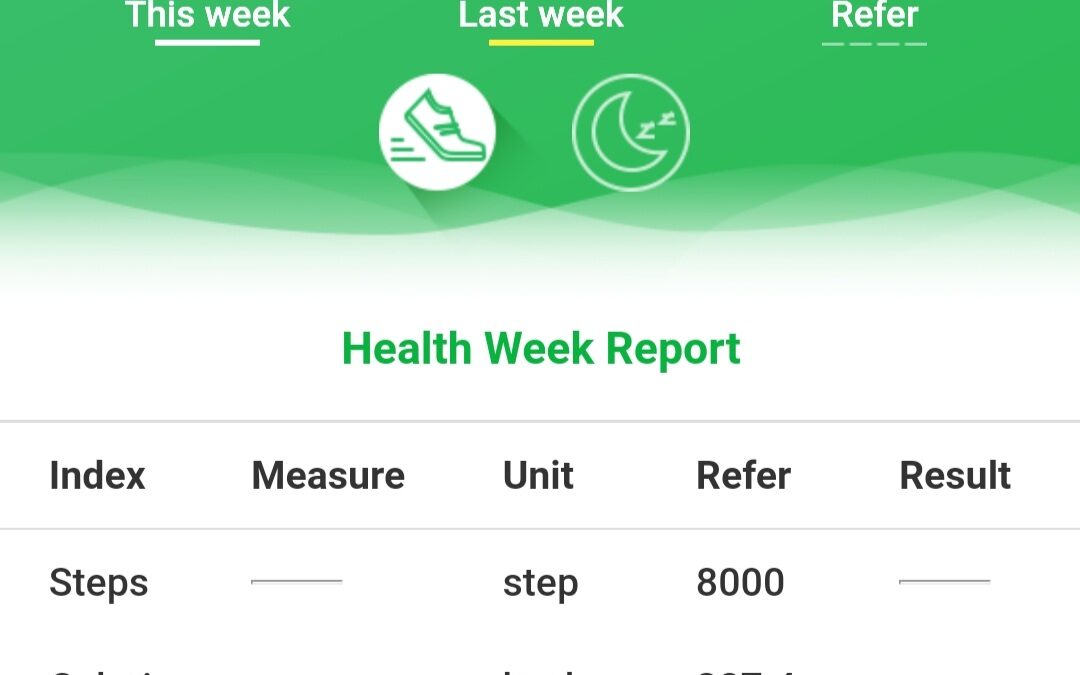Happy World Health Day!
Yes, there is such a thing. Thanks to Google!
Before we can take care of the world’s health, we have to take care of our own health.
So today is a great day for doing an assessment check on your current health.
Before you start diving into the newest diet or health fad, let me share with you.
It’s been estimated that nearly 350 million people in the world suffer from depression and almost 80% don’t receive any treatment – that’s a lot of people dealing with depression on their own. It’s a belittling misconception that people who suffer from depression are just feeling sad or are mentally weak. New research has found that depression is actually a kind of brain damage which backs up the fact that it’s not something people can just cure or ‘get over’. Dealing with depression means dealing with a constant cycle of sadness and hopelessness and it can feel never-ending. It can leave you with a lack of drive and energy to take the necessary larger steps you need to make yourself feel better.
There are smaller and more manageable steps you can do on a daily basis that can help you self-manage your depression – they are by no means an attempt at a cure but they can help alleviate the feelings of despair and darkness that seem to take over so easily. It’s important to acknowledge that you may be suffering from depression and taking some steps towards a lighter path will help with your overall outlook on life.
When you suffer from depression you can find it hard to motivate yourself to get out of bed let alone think about exercising but exercise is crucial for helping you deal with depression. Exercise has been found to be as effective as antidepressant medication as it increases energy levels and decreases tiredness. Studies have shown that exercise protects the brain from depression so it can help prevent further depression from developing. It doesn’t have to be a hard, sweaty workout but just getting out and moving will really help with your mindset and perspective. Releasing those endorphins can do much more than we realise – they reduce stress and tension so have an all-round positive effect on depression.
Go For A Walk
A really simple and effective way to deal with depression is to take a walk. If you find it difficult to find motivation for an exercise routine then walking is a great way to fit this into your daily life. Getting out in nature can have a healing affect and breathing the fresh air will have a big impact on our brain’s oxygen levels allowing you to have clearer thoughts. If you have a dog or can borrow a dog from someone else this will be a great incentive to walk and for longer.
Cardiovascular Exercise
This is something you can build up to. Establishing a walking routine is a great place to start and once you think you’re feeling the benefits you can decide if doing more cardiovascular exercises is something you want to pursue. Running, cycling and swimming are great exercises to get into but it’s important to find one that you enjoy and will want to stick with. Establishing a routine and setting goals will help with motivation and train your brain to see hope and achievement.
Small Movements
If walking and running seem too much of a step for you then just finding moments to move around are beneficial. Park your car further away so you have to walk for a little bit, take the stairs instead of the elevator – anything that prevents you from being still for too often. Getting your body moving, no matter how small, is good for your mind and you will find that it will help you to feel a little less low.
Depression ultimately changes the way we think about ourselves and the world around us. It can darken thoughts about the past, present situations and the future. The key to managing negative thoughts is not to just think positively and they’ll go away but rather to gradually introduce a different way of thinking that will encourage a slightly different mindset.
Shifting your perspective is not changing your thoughts from sad to happy, it’s allowing yourself to see something in a different light. It’s about thinking outside of yourself. When we’re hard on ourselves it becomes a way of thinking but try asking yourself would I say something so harsh to someone else? Changing your perspective is about learning a different way to see things and getting your mind to realise that there are other sides to a problem. It’s about cultivating gratitude for the small things that we have whether that’s food, hot water etc. There are many ways to change our perspective that can help fight off those negative thoughts. Trying to gently shift your mindset will help you on your journey to managing your depression.
Get your health back on track. Say No to depression.
@babsmicheal



Health is wealth..